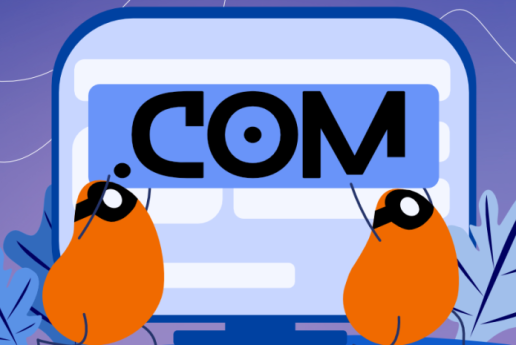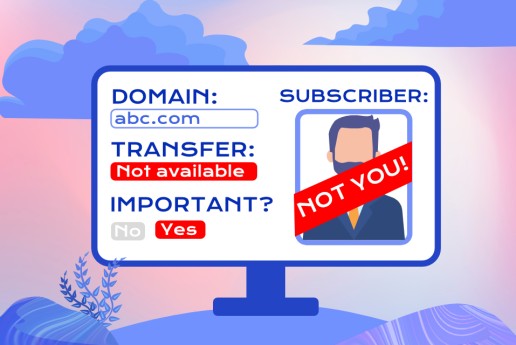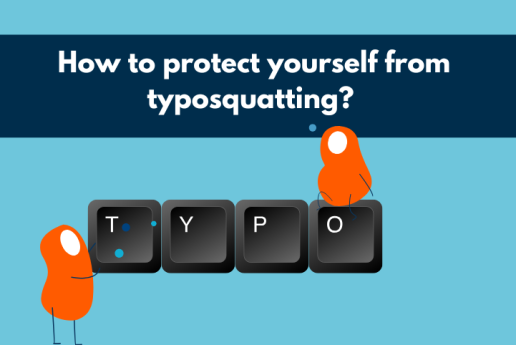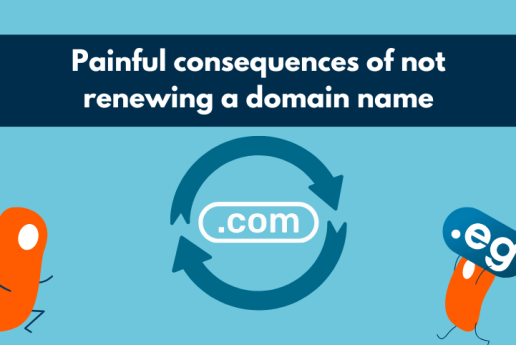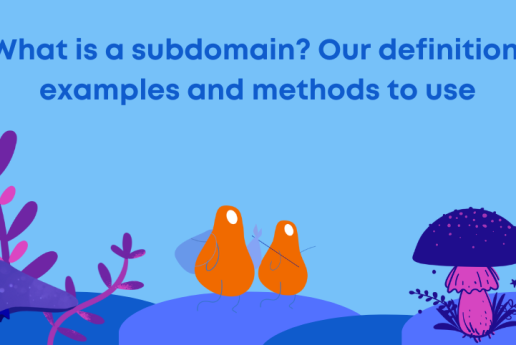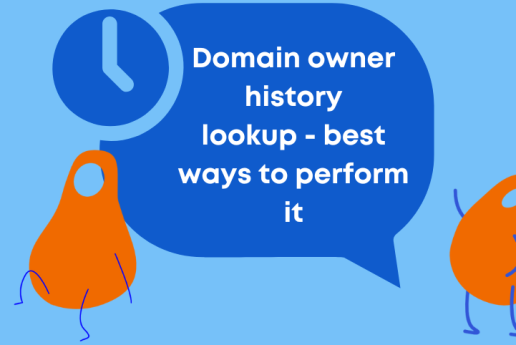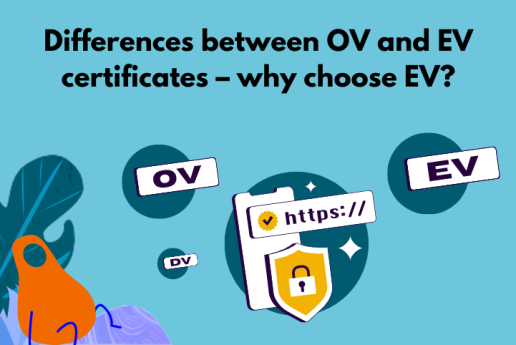Wild tenants not only in your apartment-what is cybersquatting?
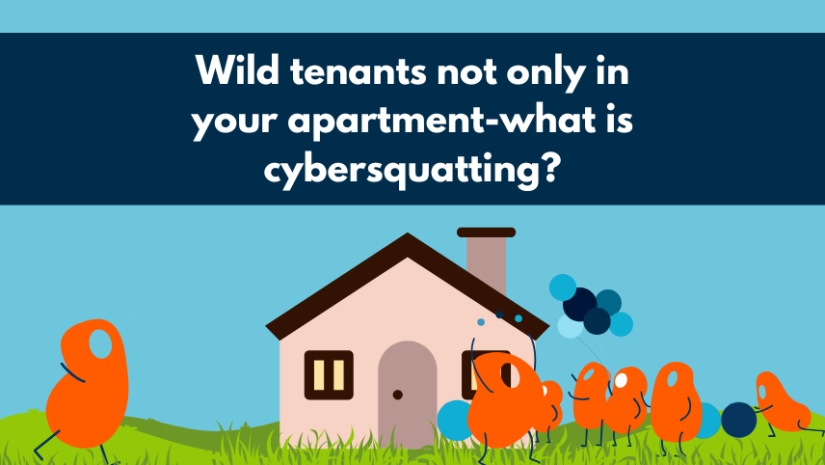
Do you have a website? Great. But do you know what dangers lurk in cyberspace and do you know how to protect yourself from them?
In today's article we will introduce you to the silhouette of a cybersquatter, or so-called wild Internet tenant - how to recognize it and how to fight it.
Cybersquatting - what does it involve ?
Cybersquatting is a word derived from squatting, which means occupying buildings without the owner's permission. On the Web, cybersquatting refers to so-called wild Internet tenants registering domains whose name is used by some well-known company or brand that has not yet managed to register the domain in question. Cybersquatters often buy up a variety of domain variants, such as buying up domains ending in .net or .org in addition to a domain ending in .com, taking advantage of the fact that many companies would prefer to secure a range of top-level domains for themselves, not just .com type domains. Cybersquatter hopes to resell such a domain for a large sum. Because of the similarity of the names, cybersquatters can also take over some of the traffic of popular domains.
One of the most notorious cases of such activity in our country was the case of Microsoft, a Lodz-based herb trader. It managed to legally register the microsoft.co.uk domain because it differed in legal form from the American company. There would have been nothing strange about this, if not for the fact that the domain was later put up for sale. The end result was that Microsoft got the domain back, but this was done through litigation. In addition to taking back the domain, the cybersquatting owner of the fraudulent company was fined 30,000 zlotys in damages.
Registrars watch out
To prevent domains from being held or to prevent some domains from being bought by random people (for example, by such a cybersquatter), registrars can impose restrictions on some Internet domains, as in the case of .travel. Within 60 days of registering a .travel domain, you must launch a working travel-related website under it. If we fail to meet this requirement, our domain may be removed without refunding the registration fee.
Objections will also be encountered when registering a .pro domain, which is only available to those in professions that require licensing by government or other bodies by law (e.g. lawyer, doctor, architect). Note that when registering a .pro domain, we will have to provide the license/license/professional license number or the name of the authority issuing such licensing. If the .pro registry negatively verifies the data provided, the domain registration may be canceled, and the fees paid will not be refunded at that time.
FAQ – cybersquatting
-
What is cybersquatting in simple terms?
It’s the practice of registering a domain similar to a well-known brand in order to resell it or divert traffic. -
Is cybersquatting illegal?
Yes, in many jurisdictions it’s considered trademark infringement and can be prosecuted under laws such as the UDRP (Uniform Domain-Name Dispute-Resolution Policy). -
What should I do if someone cybersquats my brand?
You can file a complaint with ICANN under the UDRP, pursue arbitration, or take the matter to court. -
Can cybersquatters really profit from this?
Yes. Many buy domains cheaply and attempt to resell them at high prices to legitimate companies. -
How can I protect my company from cybersquatting?
Register your domain early, secure multiple extensions, monitor for similar registrations, and set up alerts. -
Are there domain extensions with stricter rules to prevent cybersquatting?
Yes. Domains like .pro or .travel require eligibility verification to prevent misuse.
I’m a marketing and graphic designer at Let’s Domains, where I combine creativity with strategy to strengthen the company’s brand. I design visuals for marketing campaigns, create graphics for promotional materials, and refine texts to ensure clear and impactful communication.

